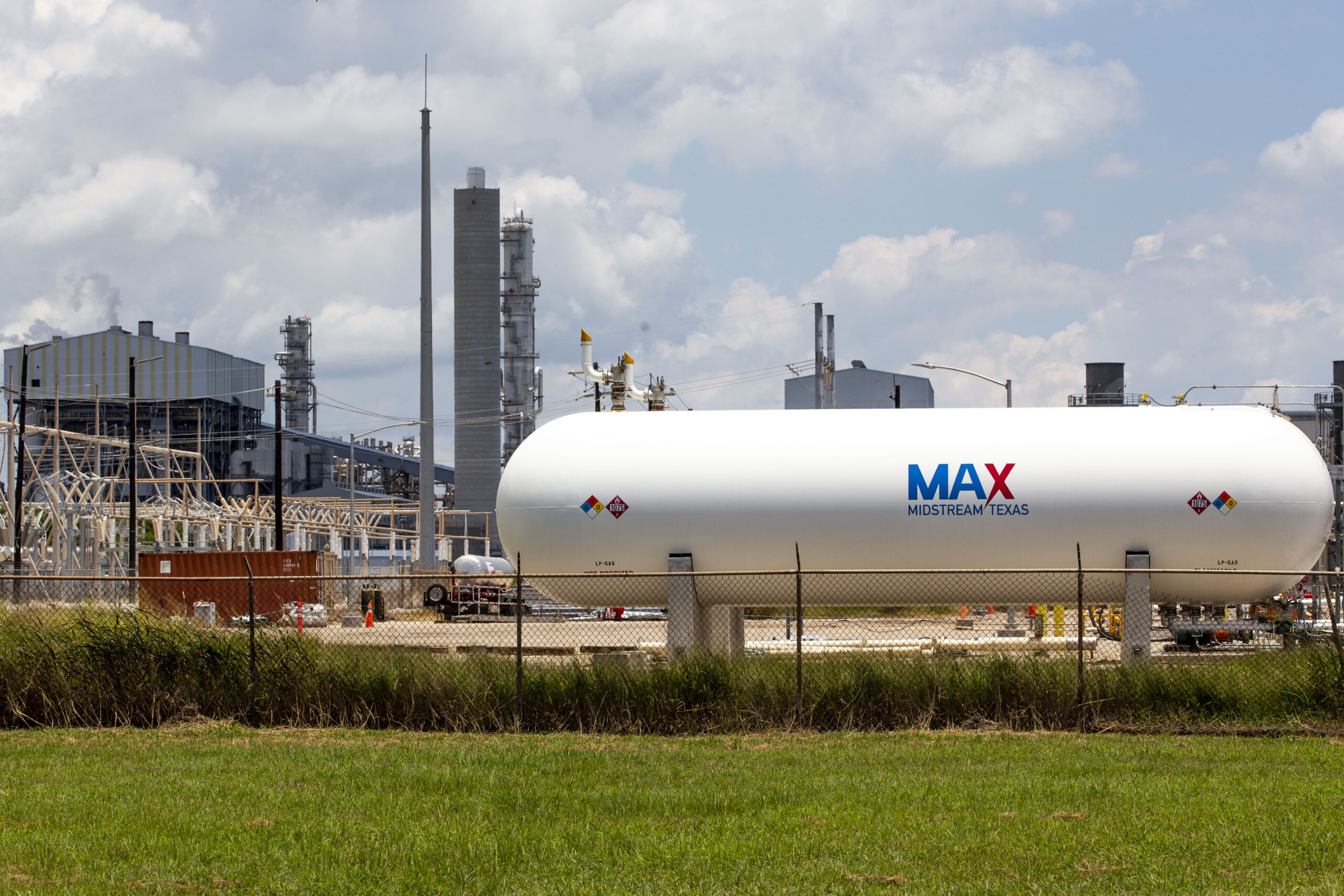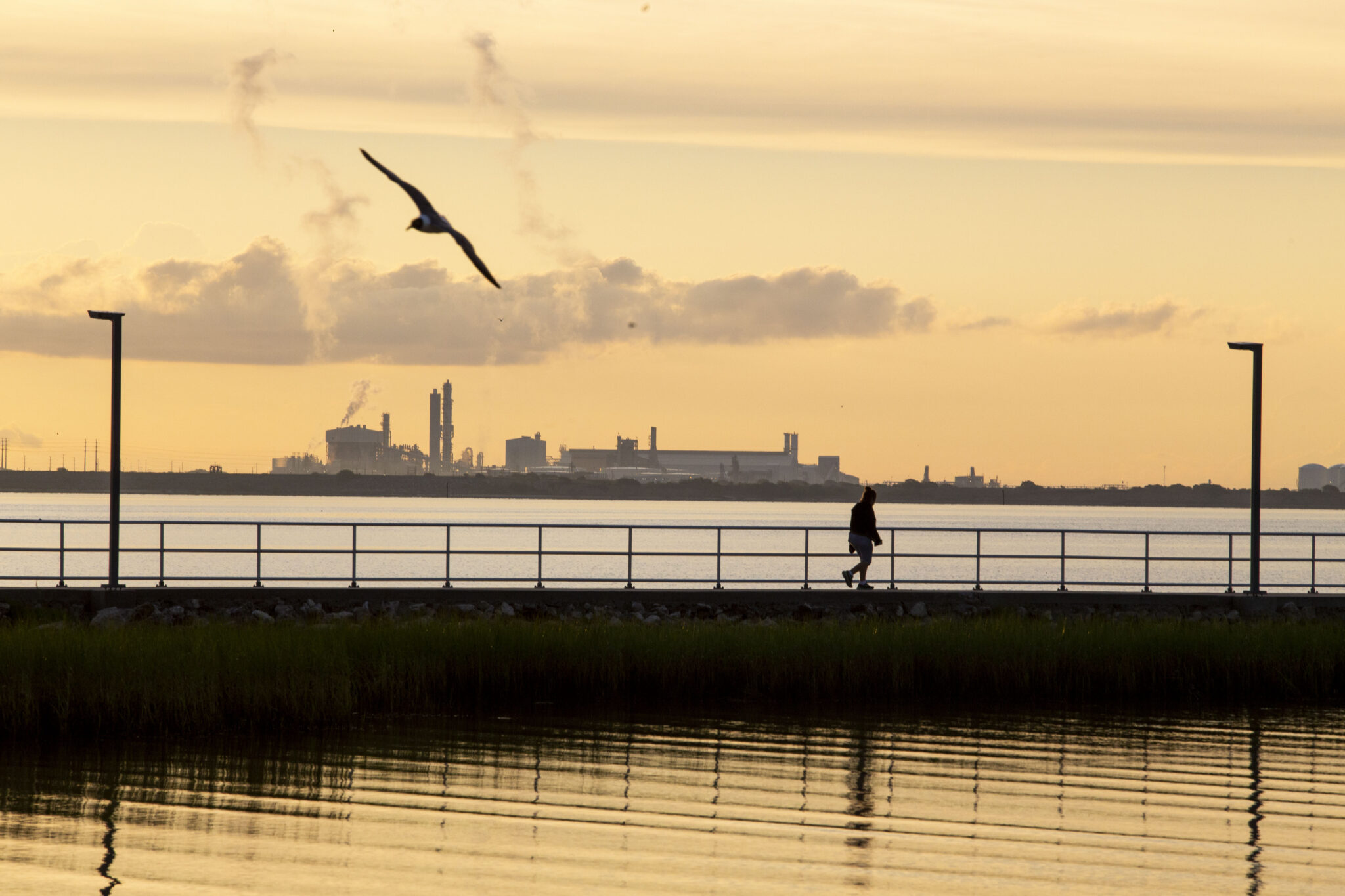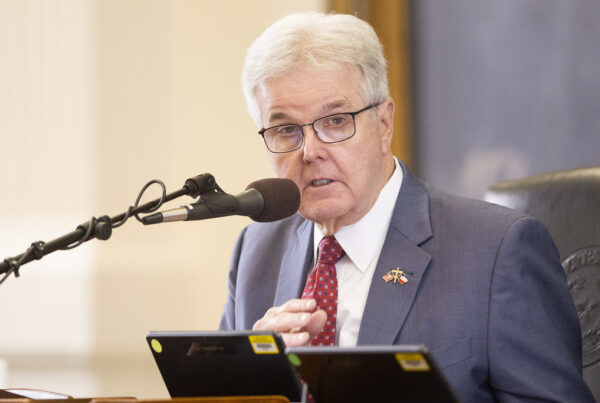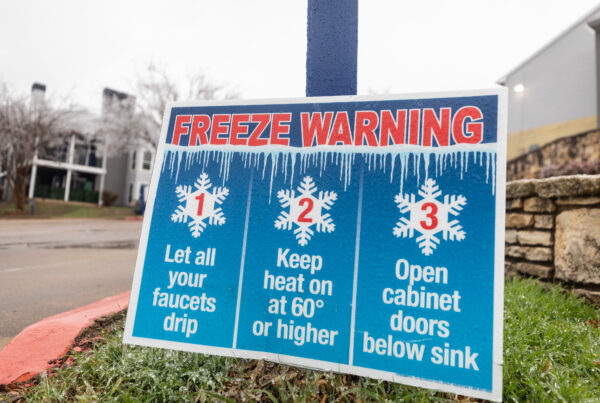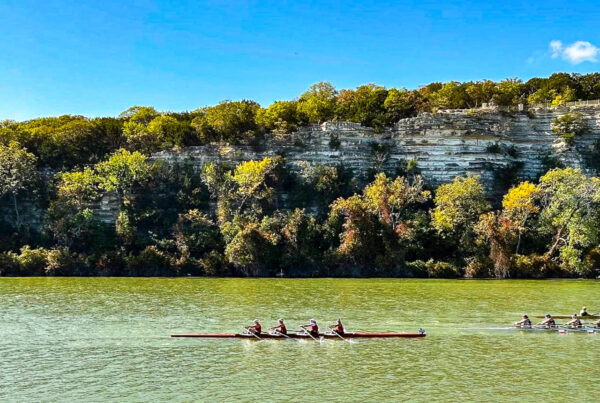From Inside Climate News:
For the second time in three weeks, a court struck down an air pollution permit issued by Texas’ environmental regulator.
In a one-page ruling posted Tuesday, Travis County District Court Judge Amy Clark Meachum reversed a 2022 decision by the Texas Commission on Environmental Quality to deny local shrimpers’ request for a permit hearing and authorize an expansion of Max Midstream’s Seahawk Oil Terminal on Lavaca Bay, on the Gulf Coast between Houston and Corpus Christi.
Meachum sent the case back to the TCEQ for a hearing “on all relevant and material disputed issues of fact.”
The shrimpers, led by Diane Wilson, head of San Antonio Bay Estuarine Waterkeeper, had argued before the TCEQ that Max Midstream underrepresented expected emissions from its expanded terminal to avoid a more rigorous review process for larger pollution sources.
But TCEQ denied Wilson’s challenge to Max Midstream’s air pollution permit after the oil company’s lawyers argued that Wilson and the other shrimpers lacked standing because they lived more than one mile from the new and expanded terminal.
“Based on the quintessential one-mile test relied upon by the Commission for decades, none of the Hearing Requests can be granted,” Max Midstream’s lawyers wrote in March 2022. “Only a property owner with an interest within one mile or slightly farther could possibly qualify for a contested case hearing.”
An Inside Climate News investigation found in July that TCEQ has consistently invoked the “one-mile rule” to deny permit hearings for at least the past 13 years, even though no such rule exists in either Texas law or TCEQ rules.
While a TCEQ spokesperson denied the existence of the one-mile rule when asked about the practice, Inside Climate News compiled a list of 15 cases that centered on the one-mile standard using data assembled by the nonprofit law firms Texas RioGrande Legal Aid and Earthjustice, which reviewed 460 permit review requests from 2016 to 2021. Earthjustice found that virtually all of the cases TCEQ accepted for review were filed by those who lived within about a mile of the point of dispute.
Wilson said she was “astonished” by Meachum’s ruling. “In 35 years I don’t think I have ever had a case like this where the air permit was remanded back,” she said.
Courts have rarely intervened on pollution permits in Texas. But prior to Meachum’s order, the federal Fifth Circuit Court of Appeals in New Orleans last month struck down a permit for an East Texas gas terminal, ruling that the TCEQ failed to apply adequate pollution control standards.


